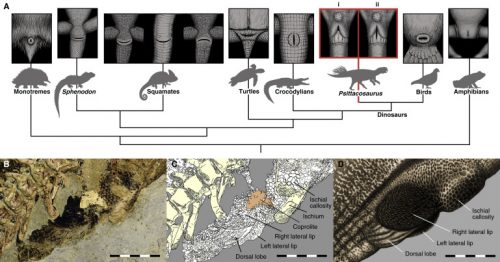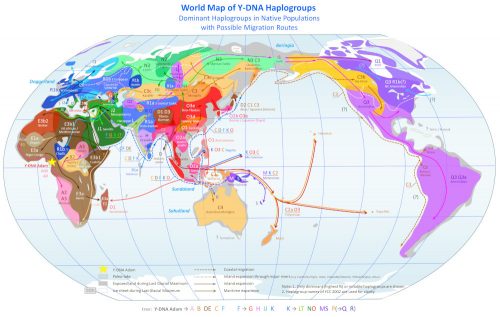I can tell we’re going to be hearing much about young Mr Josh Hawley in the future. He’s a fanatical Christian dominionist of the worst kind, and as Katherine Stewart explains, he has a guiding philosophy. He blames every thing wrong in society on Pelagius.
In multiple speeches, an interview and a widely shared article for Christianity Today, Mr. Hawley has explained that the blame for society’s ills traces all the way back to Pelagius — a British-born monk who lived 17 centuries ago. In a 2019 commencement address at the King’s College, a small conservative Christian college devoted to “a biblical worldview,” Mr. Hawley denounced Pelagius for teaching that human beings have the freedom to choose how they live their lives and that grace comes to those who do good things, as opposed to those who believe the right doctrines.
The most eloquent summary of the Pelagian vision, Mr. Hawley went on to say, can be found in the Supreme Court’s 1992 opinion in Planned Parenthood v. Casey. Mr. Hawley cited Justice Anthony Kennedy’s words reprovingly. “At the heart of liberty,” Justice Kennedy wrote, “is the right to define one’s own concept of existence, of meaning, of the universe, and of the mystery of human life.” The fifth-century church fathers were right to condemn this terrifying variety of heresy, Mr. Hawley argued: “Replacing it and repairing the harm it has caused is one of the challenges of our day.”
When I first read about Pelagius lo these many years past, I thought it was a shame that his ideas hadn’t taken root in the early church, but I didn’t suddenly become a faithful adherent of Pelagianism. It’s pure projection on Hawley’s part to think that people come to their beliefs about life by picking an ancient Holy Man and following him. I rejected religion because of the batshit crazy ideas it promotes, rather than because I found a 4th century monk who said things I liked.
The craziest idea that repelled me was this whole notion of “faith, not works”. It didn’t matter what you did in life — go ahead, murder and steal and violate the ten commandments all you want, as long as you accept Jesus in your heart on your deathbed, you will be welcomed in heaven. We are all sinners, bad and wicked, and pretending to be a good person won’t save you, only your belief in gods matters. Or rather, professing your belief to the benefit of the church and priesthood is what matters.
And that’s the rotten heart of most flavors of Christianity. Thanks, Augustine!
In case you’re looking for a more thorough definition of the Pelagian Heresy, read on.
Pelagianism rejects several basic Christian doctrines. First and foremost, Pelagianism denies the doctrine of original sin. It rejects the notion that because of Adam’s fall, the entire human race was contaminated by sin, effectively passing sin down to all future generations of humanity.
The doctrine of original sin insists that the root of human sinfulness comes from Adam. Through the fall of Adam and Eve, all people inherited an inclination toward sin (the sinful nature). Pelagius and his immediate followers upheld the belief that Adam’s sin belonged to him alone and did not infect the rest of humanity. Pelagius theorized that if a person’s sin could be attributed to Adam, then he or she would not feel responsible for it and would tend to sin even more. Adam’s transgression, Pelagius supposed, served only as a poor example to his descendants.
Pelagius’ convictions led to the unbiblical teaching that humans are born morally neutral with an equal capacity for either good or evil. According to Pelagianism, there is no such thing as a sinful disposition. Sin and wrongdoing result from separate acts of the human will.
Pelagius taught that Adam, while not holy, was created inherently good, or at least neutral, with an evenly balanced will to choose between good and evil. Thus, Pelagianism denies the doctrine of grace and the sovereignty of God as they relate to redemption. If the human will has the power and the freedom to choose goodness and holiness on its own, then the grace of God is rendered meaningless. Pelagianism reduces salvation and sanctification to works of human will rather than gifts of God’s grace.
Well gosh, when you put it that way, I guess I am sort of a Pelagian! I’m not interested in joining a Pelagian church, but more that I find the standard Christian theology of humans being intrinsically evil who can only be saved by worshipping a deity to be morally repugnant. I guess that Hawley is correct to consider me and my kind to be the enemy.
He’s still wretchedly wrong about everything, though, so let us join battle with the adversary.










